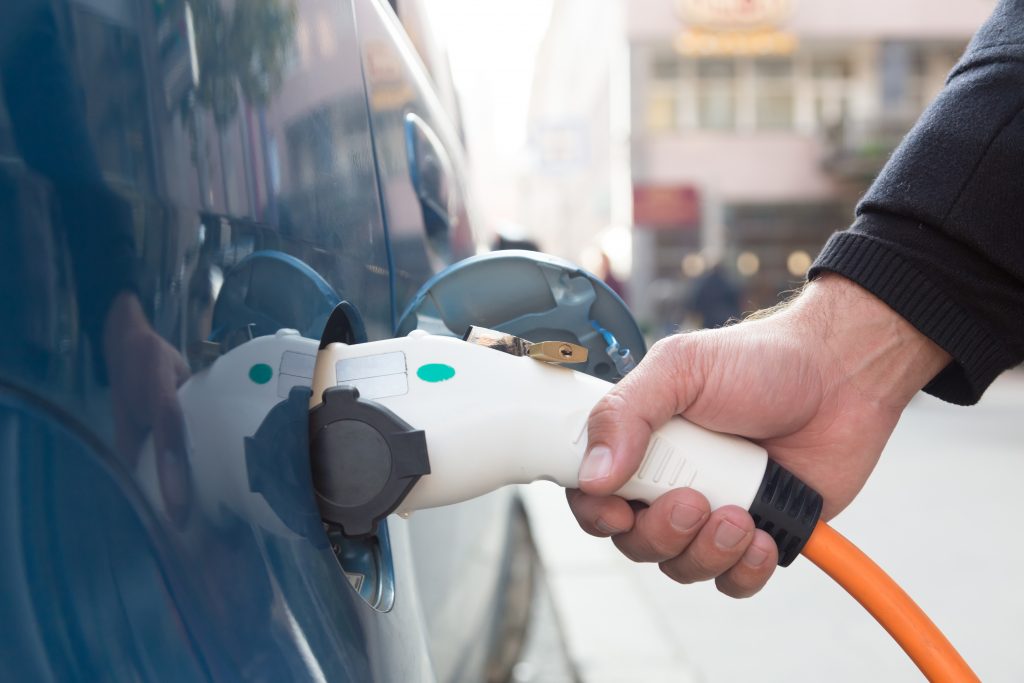
By Jake Taylor
Did you know that by 1900 electric cars made up nearly one-third of the vehicles on the road in the U.S. until the release of the Model T Ford and the advancement of the internal combustion engine?
Even though we’ve been reliant on fossil fuels for the last century, technology has advanced to the point where there are many more energy-efficient options. U.S. Transportation Secretary Pete Buttigieg recently said that people who buy electric vehicles (EV’s) “never have to worry about gas prices again.” That may be true if you can afford an electric car, can charge it anytime and anywhere you want, and have no need to drive more than the range of the batteries.
If you are considering an electric car, there are some things you need to know:
- What kind of driving do you do? Local or distance?
- What kind of distances will you be traveling? Can you make it back to your home charging station without having to find a destination charger?
- Does your home’s electrical panel have enough capacity to add a vehicle charger?
- What happens when the EV needs repairs? Who do you take it to?
- Do they truly produce less carbon emissions than conventional cars?
Generally speaking, EVs work for most people. The average person travels less than 100 miles per day. That means you could drive an EV for at least two days before needing to charge it.
Home chargers can be as simple as sharing a dryer circuit or as complicated as adding an 80-amp dedicated circuit. You should consult an electrician for your specific requirements.
If you can buy your EV through a dealership, then the dealership would be the place to service it. Manufacturers like Tesla and Rivian have different protocols for service.
Finally, carbon emissions. While it is true that EVs produce less carbon emissions over their operational life, they produce more carbon during the manufacturing process (reported by the Environmental Protection Agency). Most of the carbon emissions are produced during the manufacturing of the batteries.
If you have questions about electric vehicles, please feel free to contact me.
JAKE TAYLOR is the energy advisor at LaGrange County REMC.



